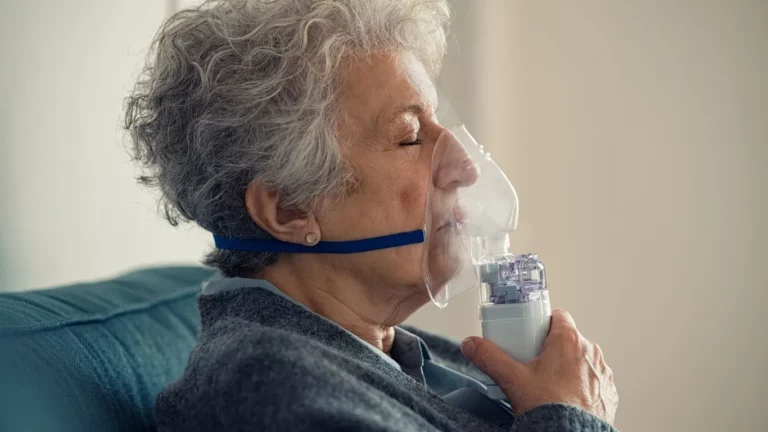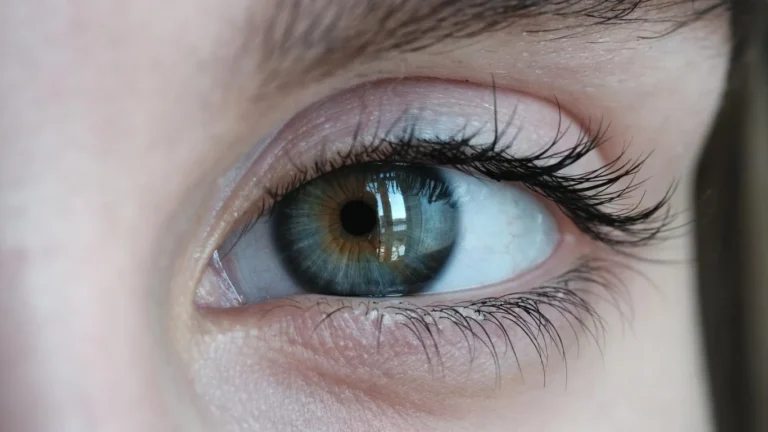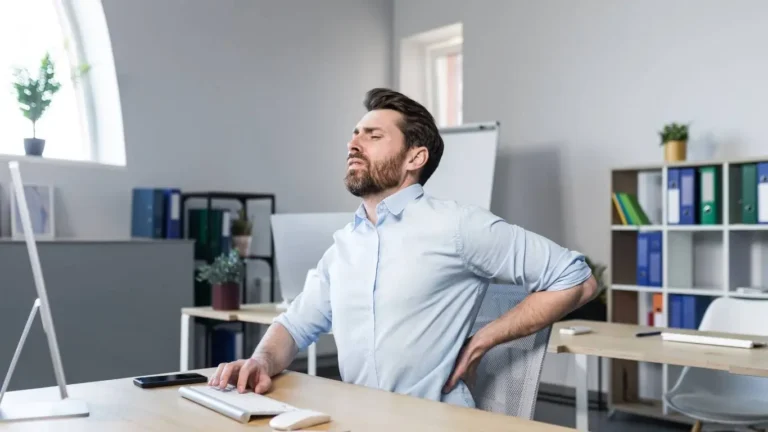Recognizing Early Signs of Worsening Hypertension – Don’t Ignore These Red Flags
As an Internal Medicine Physician with years of experience managing hypertension, I’ve seen firsthand how critical it is to identify the early signs of worsening hypertension. It’s easy to dismiss minor symptoms or feel that they’re not a big deal, but ignoring these signs can lead to severe complications later. Hypertension, or high blood pressure, is often called the “silent killer” for a reason—many people don’t realize it’s becoming a problem until it’s too late. Understanding and recognizing the early warning signs can make all the difference in preventing long-term damage to your heart, kidneys, and other vital organs.
What Is Hypertension and Why Does It Matter?
Before we dive into the early signs of worsening hypertension, let’s take a quick refresher on what hypertension is and why it’s so important to manage it effectively. Hypertension occurs when the force of blood against the walls of your arteries is consistently too high. This condition can strain your heart and lead to complications such as stroke, heart disease, kidney problems, and even vision loss.
Many people with high blood pressure don’t experience symptoms at all, making it even more challenging to catch in the early stages. That’s why regular monitoring is so important. Now, let’s discuss how you can detect the early signs of hypertension before it spirals out of control.
Early Signs of Worsening Hypertension: What to Look Out For

Hypertension tends to creep up slowly, which is why early detection is so vital. As I’ve seen in my practice, the first signs of hypertension worsening may not always be obvious. In fact, they may seem quite vague or easy to overlook. However, being aware of these early signs can help you take action before things get worse.
1. Persistent Headaches
Headaches are one of the most common early signs of worsening hypertension. These headaches often occur in the morning and are typically described as a dull, throbbing pain. While occasional headaches can be caused by a variety of factors, frequent or persistent headaches—especially when paired with high blood pressure readings—can indicate that your blood pressure is getting out of control. If you start experiencing these kinds of headaches regularly, it’s time to check your blood pressure.
2. Dizziness and Lightheadedness
Dizziness and lightheadedness can be another early warning sign of hypertension worsening. When blood pressure is too high, it can cause your heart to work harder, reducing the blood flow to your brain. This can result in feeling dizzy or faint. If these symptoms are happening frequently, it’s essential to take them seriously. Feeling lightheaded upon standing up, especially after sitting or lying down, is a sign that your blood pressure may not be where it needs to be.
3. Shortness of Breath
If you’re finding yourself out of breath during activities that didn’t previously leave you winded, this could be a sign of worsening hypertension. High blood pressure can strain your heart and reduce its ability to pump blood efficiently, leading to shortness of breath or feelings of fatigue. I’ve had patients who thought they were just getting older or out of shape, only to realize that their blood pressure had become a contributing factor.
4. Chest Pain or Tightness
Chest pain or a feeling of tightness in the chest is a serious symptom that should never be ignored. In some cases, it could indicate that hypertension has caused damage to your heart. If this symptom is sudden or severe, it’s essential to seek immediate medical attention. Even if the chest pain is mild and occurs intermittently, it could be a sign that your heart is being affected by uncontrolled hypertension.
The Importance of Regular Monitoring
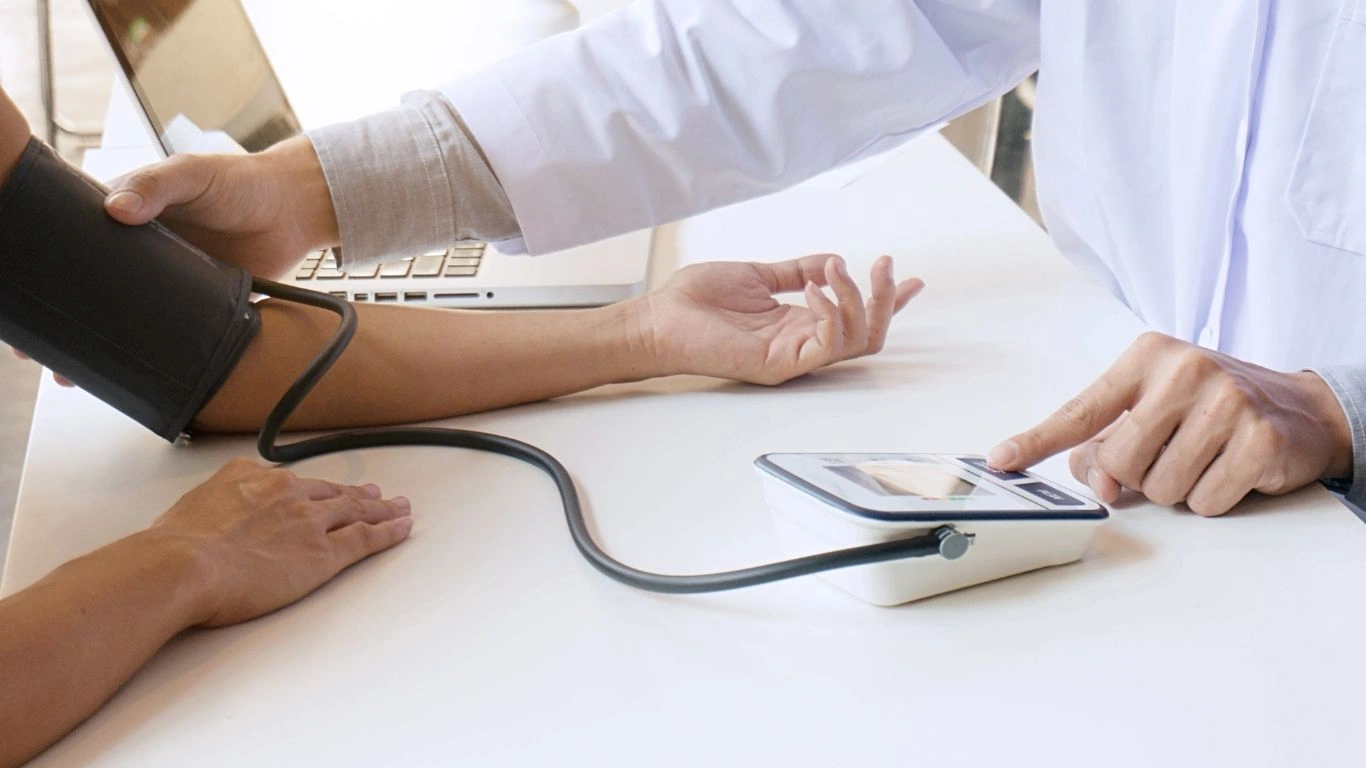
Regular monitoring is the key to catching these early signs of hypertension. Many people don’t realize they have high blood pressure until a checkup reveals the issue, often when their numbers are dangerously high. I encourage my patients to keep track of their blood pressure at home with a reliable blood pressure cuff, and of course, to see their doctor regularly for checkups. Being proactive and tracking your blood pressure regularly helps ensure you stay on top of any changes, no matter how subtle.
What You Can Do to Prevent Worsening Hypertension
If you’re noticing some of the early signs of hypertension worsening, it’s essential to take action sooner rather than later. Aside from taking prescribed medications, lifestyle changes can make a significant difference in managing high blood pressure.
Adopt a Healthier Diet
Diet plays a huge role in managing hypertension. Reducing your salt intake, eating more fruits and vegetables, and cutting down on processed foods are all effective strategies. I often recommend my patients follow a DASH (Dietary Approaches to Stop Hypertension) diet, which is designed specifically to lower blood pressure. Incorporating heart-healthy fats, like those found in olive oil and avocados, and limiting alcohol can also help maintain healthy blood pressure levels.
Exercise Regularly
Exercise is one of the most effective ways to keep your blood pressure in check. Even moderate exercise, like brisk walking for 30 minutes a day, can make a big difference. Exercise helps your heart work more efficiently, lowering your overall blood pressure over time. If you’re unsure where to start, try finding an activity you enjoy, whether that’s walking, swimming, biking, or yoga. The key is consistency!
Reduce Stress
Chronic stress can lead to increased blood pressure, so finding ways to manage stress is essential. Techniques such as mindfulness, meditation, and even just taking a few moments each day to relax can help. It’s also important to ensure you’re getting enough sleep, as poor sleep habits can contribute to higher blood pressure levels.
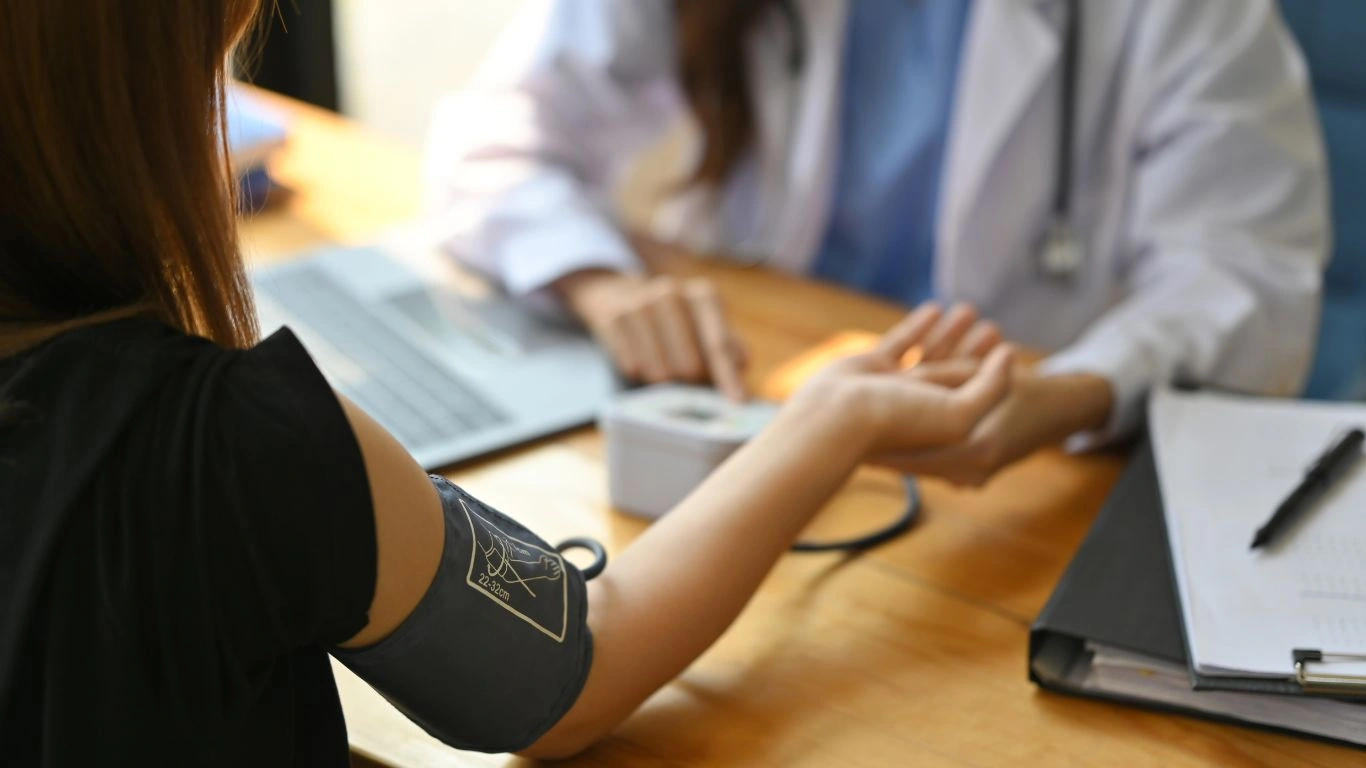
By implementing these changes and staying alert to the early signs of worsening hypertension, you can significantly reduce your risk of complications. Taking care of your heart and blood vessels starts with paying attention to your body, understanding the early signals, and making adjustments to improve your overall health.
Understanding the Risks of Uncontrolled Hypertension
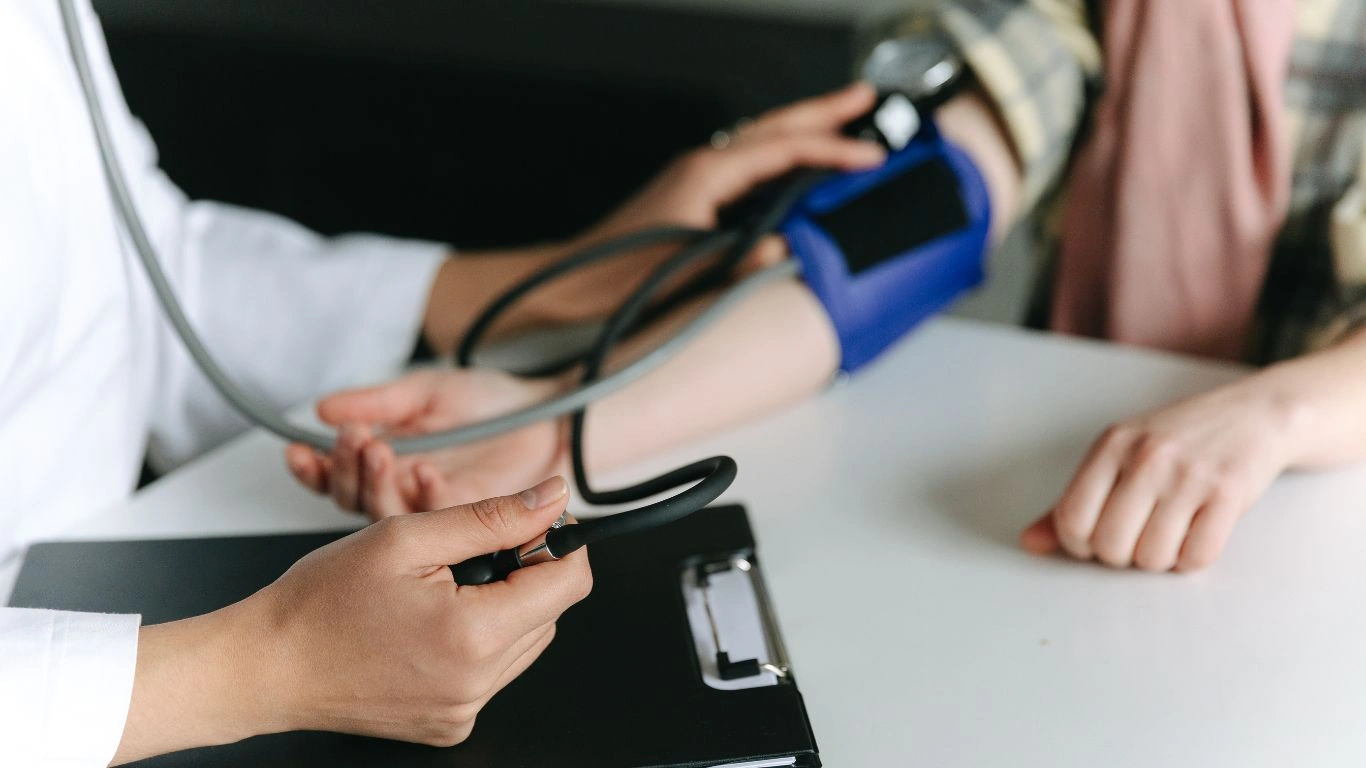
If you’re reading this, chances are you’re already aware of the importance of managing your blood pressure. However, let’s dig a bit deeper into what can happen when hypertension is left unchecked. I’ve worked with many patients who didn’t take their high blood pressure seriously until they started experiencing some of the more serious effects, and unfortunately, by that time, the damage had already been done.
Uncontrolled hypertension can lead to a host of serious, sometimes life-threatening complications. It can cause damage to the heart, kidneys, eyes, and arteries, and increase the risk of a stroke. In the long run, high blood pressure can lead to heart failure, kidney failure, or a heart attack, all of which can significantly impact your quality of life. This is why early detection and intervention are so critical. Even if you’re not experiencing any major symptoms, you still need to take action to avoid these risks.
The Role of Medication in Managing Hypertension

When it comes to managing hypertension, medication often plays an important role. As an internal medicine physician, I’ve seen how life-changing medications can be for patients who need them. But there’s no one-size-fits-all solution. What works for one person might not work for another, and it’s important to work closely with your healthcare provider to find the right treatment for you.
The most common medications used to treat high blood pressure are:
- Diuretics (also known as water pills) help reduce the amount of fluid in your body, which can lower blood pressure.
- ACE inhibitors help relax blood vessels by blocking a hormone that narrows them, making it easier for your heart to pump blood.
- Beta-blockers slow down the heart rate and reduce the force of each heartbeat, helping to lower blood pressure.
- Calcium channel blockers relax the blood vessels and reduce the heart rate, which can help lower blood pressure.
While medication can be effective, it’s crucial to combine it with lifestyle changes for optimal results. It’s also important to monitor your blood pressure regularly, as your doctor might need to adjust your medication over time. Remember, the goal isn’t just to lower your blood pressure; it’s to get it into a safe range that will reduce your risk of complications.
The Importance of Lifestyle Changes
Now, let’s talk about something that’s often overlooked—lifestyle changes. Sure, medication can help, but nothing beats making healthier choices in your day-to-day life. From my personal experience as a physician, I’ve seen how making small, consistent changes in diet, exercise, and stress management can lead to big improvements in hypertension control.
Diet: Your Secret Weapon
A healthy diet is key when it comes to managing high blood pressure. I’m always telling my patients that the foods you eat can either help or harm your blood pressure. It’s not about dieting; it’s about making smarter, heart-healthy choices.
For example, reducing your sodium intake is one of the most effective ways to lower your blood pressure. I’ve seen patients who switched from processed, salty foods to fresh vegetables and lean proteins, and their blood pressure dropped significantly. The DASH (Dietary Approaches to Stop Hypertension) diet is a great plan to follow, as it emphasizes whole foods like fruits, vegetables, whole grains, lean proteins, and low-fat dairy.
Physical Activity: Get Moving
Physical activity plays a vital role in controlling high blood pressure. Exercise helps improve your heart’s efficiency, which can naturally lower your blood pressure over time. I always recommend finding an activity that you enjoy, whether it’s walking, biking, swimming, or even dancing. The goal is to move your body regularly—aim for at least 30 minutes of moderate activity most days of the week.
Something as simple as a daily brisk walk can have a noticeable impact on your blood pressure. It doesn’t have to be complicated—just move and get your heart pumping! Exercise helps maintain a healthy weight, reduces stress, and improves circulation—all of which can help keep your blood pressure in check.
Stress Management: Find Your Calm
Chronic stress is a major contributor to high blood pressure, and let’s face it, most of us deal with some level of stress on a regular basis. The key here is finding healthy ways to manage it. I’ve encouraged many of my patients to try mindfulness practices, yoga, or meditation. These activities help activate the body’s relaxation response, which can lower blood pressure and reduce stress hormones.
Even something as simple as taking a few deep breaths during a stressful moment can help lower your blood pressure temporarily. But the real benefits come from regularly practicing relaxation techniques. It’s all about creating habits that help you stay calm and balanced, even during life’s challenging moments.
How to Stay on Top of Your Blood Pressure
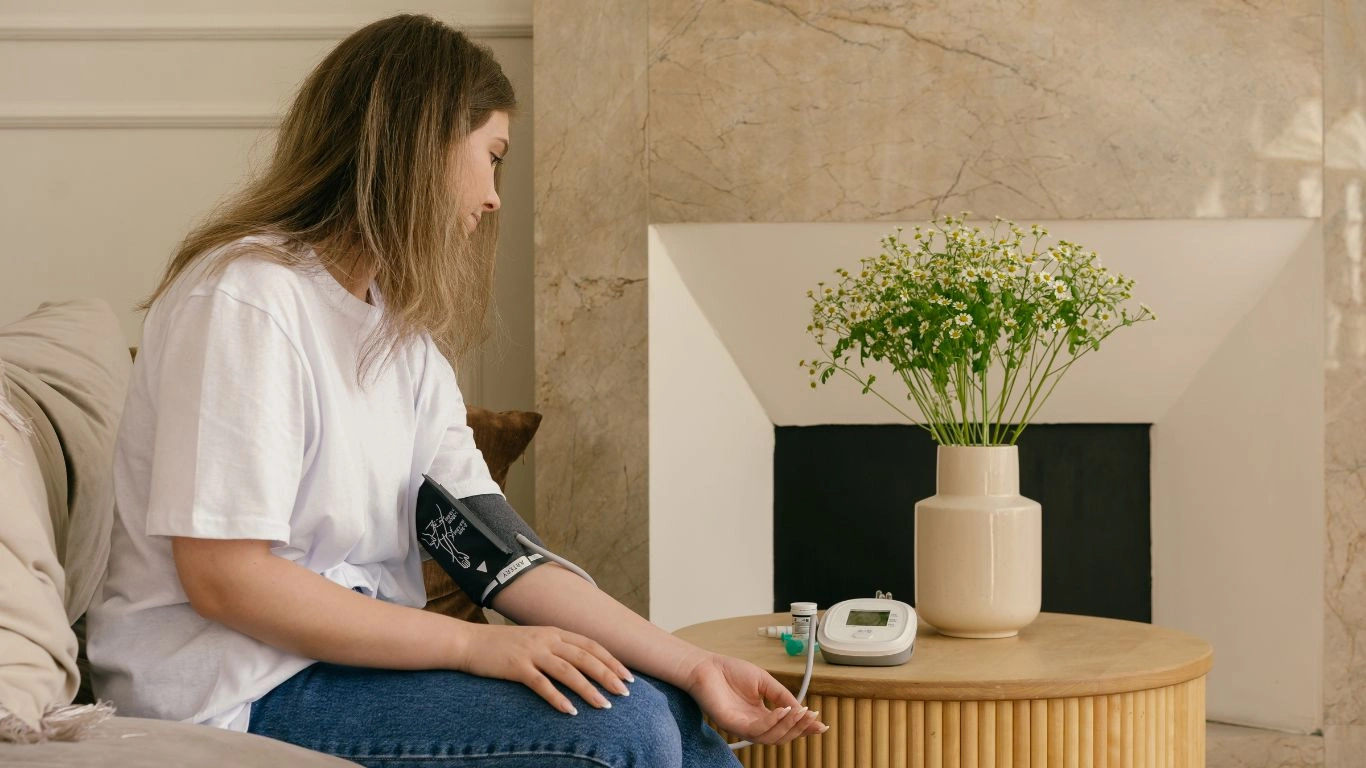
Monitoring your blood pressure regularly is an important part of managing hypertension. It’s essential to know where you stand, so you can adjust your lifestyle or medication as needed. I recommend keeping a blood pressure log at home—this is one of the best ways to track changes over time. Most drugstores sell affordable home blood pressure monitors, and using one can give you a clear picture of how your blood pressure is responding to changes in your diet, exercise, and medication.
It’s also important to keep regular check-ups with your healthcare provider. Don’t just wait for the occasional visit; if you notice any changes or experience any new symptoms (like those early warning signs we discussed earlier), be sure to schedule an appointment. Regular communication with your doctor is key to staying on top of your health and preventing serious complications down the line.
How Hypertension Can Affect Your Long-Term Health
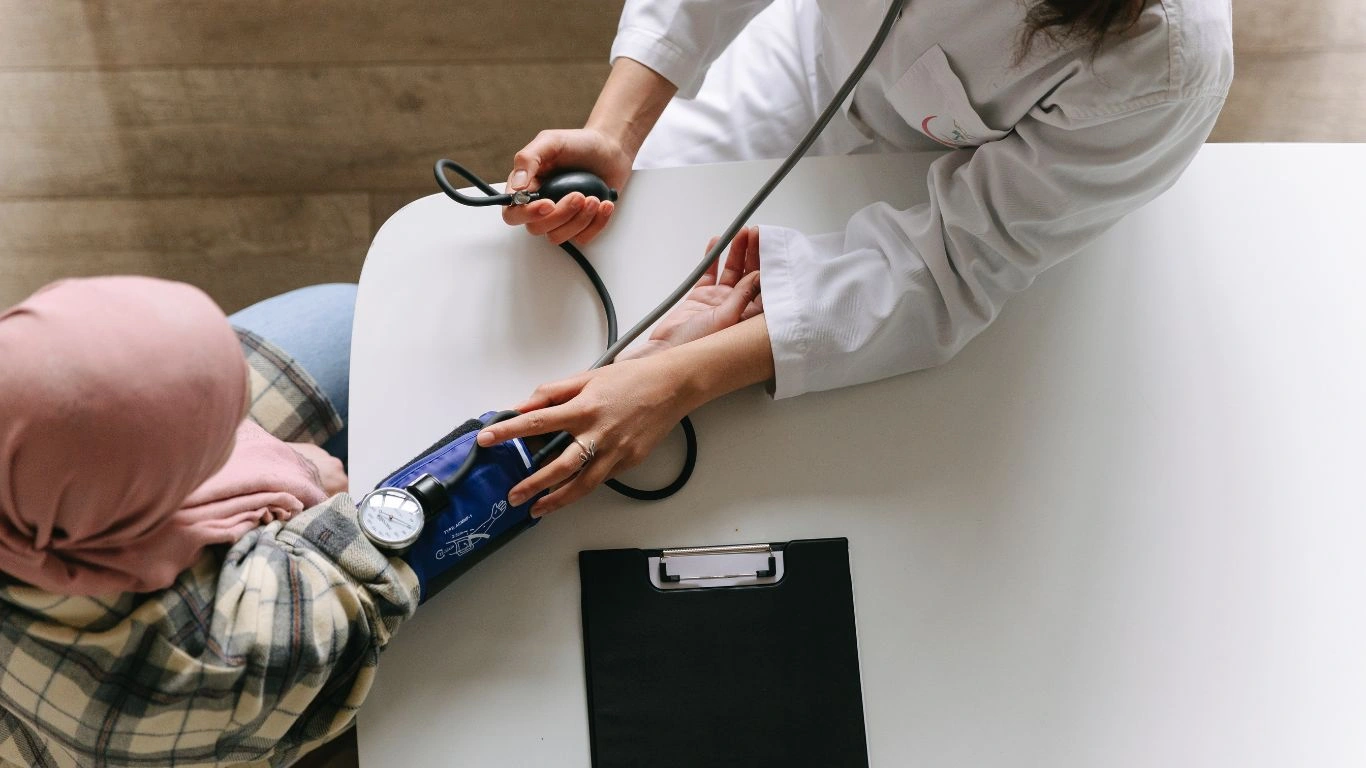
If you’ve been dealing with hypertension for a while or even suspect that you may have it, it’s crucial to understand the long-term risks associated with unmanaged high blood pressure. I’ve seen patients who ignored their condition, assuming it wasn’t a big deal. Unfortunately, over time, untreated hypertension can lead to serious health complications that affect nearly every system in the body.
For instance, when hypertension isn’t controlled, it can lead to heart disease, stroke, kidney failure, and even vision loss. The longer high blood pressure is left untreated, the more damage it can do to vital organs. As a physician, I’ve witnessed firsthand the toll that this condition can take. That’s why it’s so important to treat hypertension early on and keep it under control.
Heart Disease
Hypertension puts a lot of strain on the heart, and over time, this can lead to conditions such as heart failure and coronary artery disease. The heart has to work harder to pump blood against the increased pressure, which can weaken the heart muscle. In severe cases, this can even lead to heart attacks. Managing your blood pressure can significantly reduce your risk of developing heart disease, which is one of the leading causes of death in people with hypertension.
Stroke
A stroke occurs when the blood supply to part of the brain is interrupted. High blood pressure is one of the primary risk factors for stroke, as it can damage and weaken blood vessels, increasing the likelihood of a blood vessel rupturing or becoming blocked. Keeping your blood pressure under control is one of the most effective ways to prevent a stroke.
Kidney Damage
Kidneys play a vital role in filtering waste and excess fluid from your body. Hypertension can damage the blood vessels in your kidneys, reducing their ability to function. This can eventually lead to kidney failure, which may require dialysis or even a kidney transplant. It’s a serious consequence that can be avoided with proper hypertension management.
Vision Problems
High blood pressure can also affect your eyes. It can damage the blood vessels in the retina, leading to vision problems or even blindness. This condition, known as hypertensive retinopathy, is more common in individuals with poorly controlled hypertension. Regular eye exams are important for detecting any changes to the eyes caused by high blood pressure.
Making the Most of Your Hypertension Treatment Plan
The key to living a long, healthy life with hypertension is to actively manage it. This means following your treatment plan, sticking to a healthy lifestyle, and regularly monitoring your blood pressure. I’ve seen many patients improve their condition simply by being more consistent with their treatment and lifestyle changes. It doesn’t have to be a battle; with the right approach, it can be manageable.
Working with Your Doctor
One of the most important aspects of hypertension management is a strong partnership with your healthcare provider. It’s essential to communicate openly about how you’re feeling, any side effects from medications, and any changes in your symptoms. By working together, you can adjust your treatment plan to suit your needs, whether it’s switching medications, exploring new treatment options, or adding lifestyle changes.
As your doctor, I’m here to guide you through the process, monitor your progress, and adjust your plan as necessary. Don’t be afraid to ask questions or voice concerns. The more involved you are in your own care, the better the outcome will be.
Consistency is Key
One of the biggest hurdles I see with patients is inconsistency. It’s easy to slip back into old habits, forget to take your medication, or skip a workout. But staying consistent is crucial in controlling hypertension. Even on days when you feel great, continue following your treatment plan. Make taking your medication a part of your daily routine, and remember that even small changes—like eating more vegetables or getting a little extra exercise—add up over time.
Hypertension and Mental Health
Living with hypertension can also affect your mental health. The constant stress of worrying about your health, managing medications, and making lifestyle changes can take a toll. But managing your blood pressure doesn’t just improve your physical health—it can also improve your mental well-being. Lower blood pressure is often associated with a reduction in anxiety and stress levels, as your body isn’t constantly under the strain of high blood pressure.
I’ve had many patients report feeling a sense of relief once they’ve gained control of their hypertension. When your blood pressure is in a healthy range, you’re not only protecting your body from long-term damage, but you’re also reducing the stress and worry that can come with the condition. Taking steps to manage your hypertension can help you live a happier and more peaceful life.
Resources for Hypertension Management
In addition to working with your healthcare provider, there are a number of resources available to help you manage your hypertension. There are websites, mobile apps, and support groups that offer valuable information, tips, and encouragement for people living with high blood pressure. If you’re looking for more resources, websites like Health.com and NIH.gov provide helpful articles, research, and tools to support hypertension management.
There are also support groups and online communities where you can connect with others who are going through similar experiences. It can be comforting to know that you’re not alone in this journey, and sharing tips or simply venting can be therapeutic for many people. Don’t hesitate to reach out to these resources if you need help.
Disclaimer
The information provided in this article is intended for informational purposes only and should not be considered medical advice. Always consult with a qualified healthcare professional for guidance on managing your hypertension or any other medical condition. Your treatment plan should be tailored to your specific needs, and regular checkups with your doctor are essential for optimal health management.

Dr. Gwenna Aazee is a board-certified Internal Medicine Physician with a special focus on hypertension management, chronic disease prevention, and patient education. With years of experience in both clinical practice and medical writing, she’s passionate about turning evidence-based medicine into accessible, actionable advice. Through her work at Healthusias.com, Dr. Aazee empowers readers to take charge of their health with confidence and clarity. Off the clock, she enjoys deep dives into nutrition research, long walks with her rescue pup, and simplifying medical jargon one article at a time.



